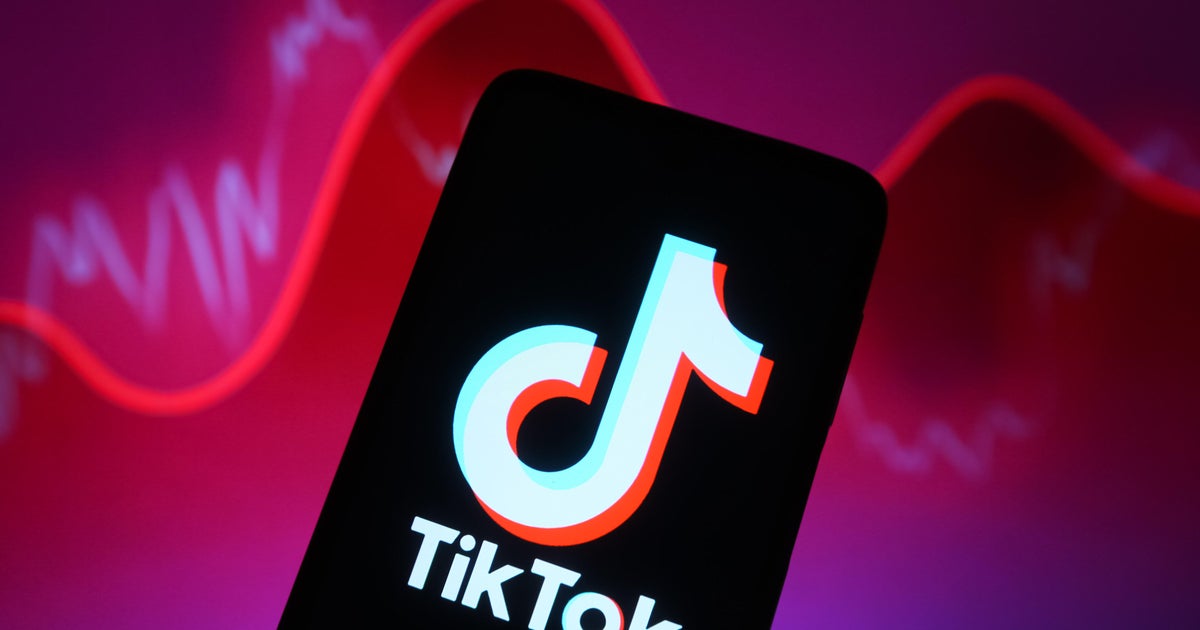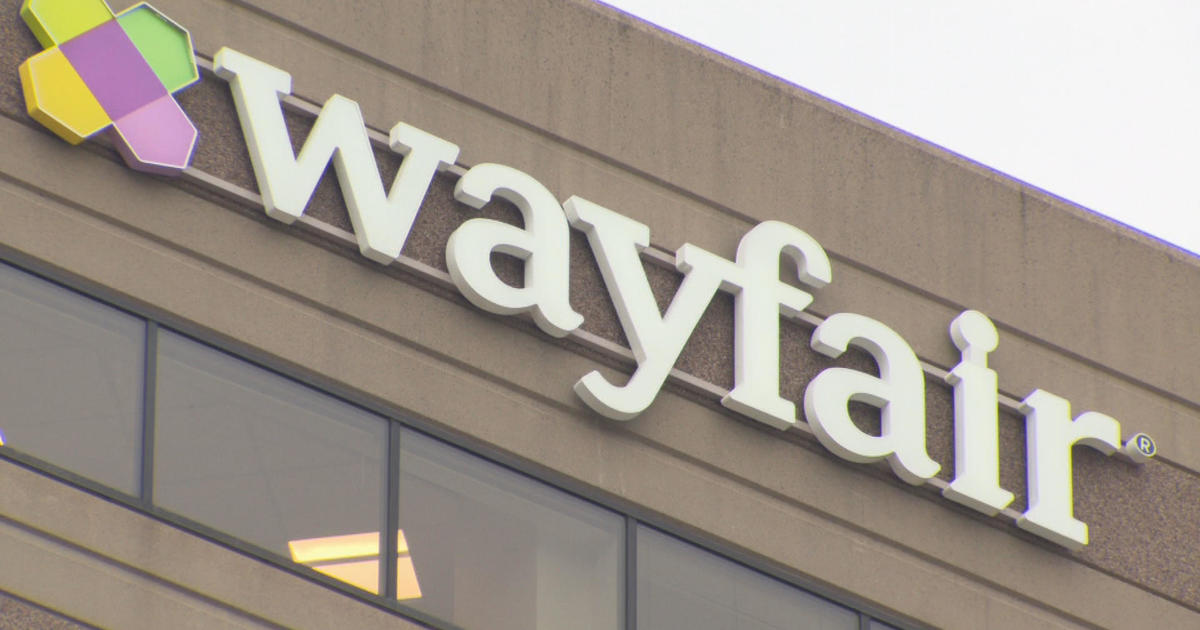Facebook's News Feed changes have publishers on edge
When Facebook (FB) CEO Mark Zuckerberg unveiled changes to its popular News Feed feature on Thursday night, investors reacted by beating down its stock on Friday. They fear the move will mean people spend less time on the social network. But the group that may have the most to lose are news outlets and other publishers whose sites depend on Facebook for the traffic that helps determine advertising rates.
Zuckerberg has decided to give more weight to user-generated content over articles distributed by news sites, brand advertisers, and video producers in order to create what he described as a more "meaningful" experience. To accomplish this objective, Facebook will predict which posts might interest users and their friends, and rank them accordingly in a person's News Feed.
"These are posts that inspire back-and-forth discussion in the comments and posts that you might want to share and react to -- whether that's a post from a friend seeking advice, a friend asking for recommendations for a trip, or a news article or video prompting lots of discussions," wrote Adam Mosseri, the head of Facebook's News Feed, in a blog post.
Unfortunately, Zuckerberg & Co. weren't more specific, leaving content generators feeling rather uneasy.
"The changes were unilateral and done without consultation with news publishers," said News Media Alliance Chief Executive David Chavern. "We are wrestling with a world where Facebook has secret rules that they apply. They continue to make it hard to deliver journalism to readers. It is certainly not positive … because there's going to be less news delivered to users of Facebook than before."
Spokespeople for The New York Times (NYT) and The Washington Post declined to comment for this story as did BuzzFeed, whose IPO plans are reportedly in jeopardy over its failure to meet revenue targets. Officials from Vox Media and Atlantic Media also couldn't immediately be reached.
CEO Heather Dietrick of The Daily Beast said the site "has always prioritized a diverse traffic strategy with a significant portion of our traffic continuing to come to us direct. This has helped us avoid the pitfalls of being overly reliant on a single source, like Facebook." Parent company IAC is said to be "entertaining offers" for The Daily Beast initiated by outside parties, though it hasn't yet launched a sale process.
"If you talk to the publishing companies, they'll tell you that Facebook has changed the rules of the road on the News Feed many times in the past," said Doug Arthur, an analyst with Huber Research who tracks the publishing industry. "Sometimes it's a negative. Sometimes it's not."
According to Rick Edmonds of the nonprofit Poynter Institute, publishers that rely on Facebook as their primary source of traffic will be hurt the most by the News Feed changes, as will sites that invested heavily in video to attract users. News sites have been expanding beyond Facebook by working with Google News (GOOG) or Apple's (AAPL) news feed among other alternatives, according to Edmonds.
Critics of Facebook has have long argued that users create echo chambers, or "filter bubbles," of like-minded people whose views are reinforced by their friends' posts on the platform.
The continued dominance of Google and Facebook in the digital ad market and the growth of low-cost "programmatic ads" are squeezing some of the once-hottest names in the world of internet media, which set their ad rates based on their site's traffic. In additon to Buzzfeed, Vice Media also reportedly missed its revenue targets last year. Tech site Mashable was sold at a fire sale price of $50 million last year to Ziff-Davis.
According to eMarketer, Google and Facebook were expected to account for 63.1 percent of all U.S. digital media ad spending in 2017, an increase from an earlier prediction of 60.4 percent. Ad revenue at Google, Alphabet's biggest business, was expected to hit $35 billion, an increase of 18.9 percent on a year-over-year basis.
eMarketer estimates Facebook's total digital revenue to have jumped 40.4 percent to $17.37 billion, fueled by surging demand for Instagram. But after the latest change to the News Feed, internet publishers might have to find new avenues for their own revenue growth.



